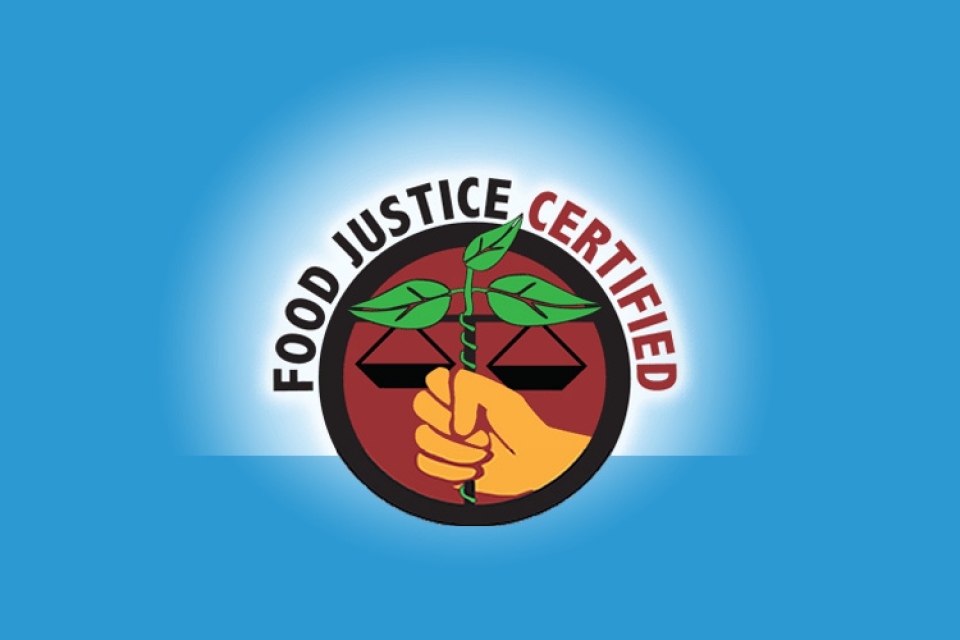The Search for Social Sustainability on the Farm
Fair wages for all (including farmers), include the next generation, equal representation under the law, humane working conditions, good and respectful communication, a grievance policy/conflict resolution process, access to affordable healthcare, kids on farms (both kids of farmers and farmworkers) should have access to quality education, children should only be allowed to work part-time on the farm, and fair pricing of farm products in the marketplace.
This list is a snapshot of what the term “food justice” brought to the minds of participants in the “Creating a Fair Farm: What does Food Justice Mean and Why Do We Need it In Vermont?” session at NOFA-VT’s Winter Conference in February. The goal of the workshop was to explore how we can make our farms centers of fair and just relationships and what it will take to transform work on farms into respected careers, with livable compensation and dignified livelihoods. Representatives from Migrant Justice and the Agricultural Justice Project helped lead the conversation and exploration of this topic.
The presenters pointed out that ethical purchasing is on the rise in the US, with an increase of 26% in Fair Trade USA sales between 2009 and 2011. But as a recent article from City Market’s General Manager, Pat Burns, discusses, there are many labels in the marketplace these days, ranging from Organic to Non-GMO to Fair Trade. Just within the social sustainability realm, there are numerous and varied certification programs, such as Fair for Life, TransFair, Fairtrade USA, Food Alliance, Equitable Food Initiative, and many more. As part of the NOFA-VT session, we delved into one of these social sustainability certifications in a little more detail: Food Justice Certified, managed by the Agricultural Justice Project (AJP).
Food Justice Certified (FJC) is a certification that can be obtained by growers, processors, and retailers. The goal of the certification program is to ensure that workers are being treated fairly, farmers are receiving fair prices, and that fair business practices are being implemented. The standards that are addressed by FJC include workers’ rights to freedom of association and collective bargaining, fair wages and benefits for workers, fair and equitable contracts, fair pricing for farmers, clear conflict resolution policies, protection of the rights of indigenous peoples, workplace health and safety, farmworker housing, practices related to interns and apprentices, and practices related to children on farms. While a farm does not need to be certified organic to be FJC, non-organic certified farms are required to not use any materials found on the List of Prohibited Materials, which was created by Pesticide Action Network.
Currently, FJC is small. Only two organizations are AJP approved certifiers (in addition to some NOFA-NY and Farmer Support Committee staff members), and there are currently only 4 farms (1 in Canada and 3 in the US) that are FJC. But the program has received good reviews. The Domestic Fair Trade Alliance compared 6 different certification programs (Food Justice Certified, Fair for Life, Rainforest Alliance, Food Alliance, Fairtrade International, and Fairtrade USA), and FJC received the highest marks. So, while we may not have seen the FJC label in Vermont yet, keep your eyes out as the program grows into more states. While the myriad of labels one can find in a supermarket aisle may be daunting, doing a little bit of homework goes a long way to ensure the products you are buying align with the values you believe in.
